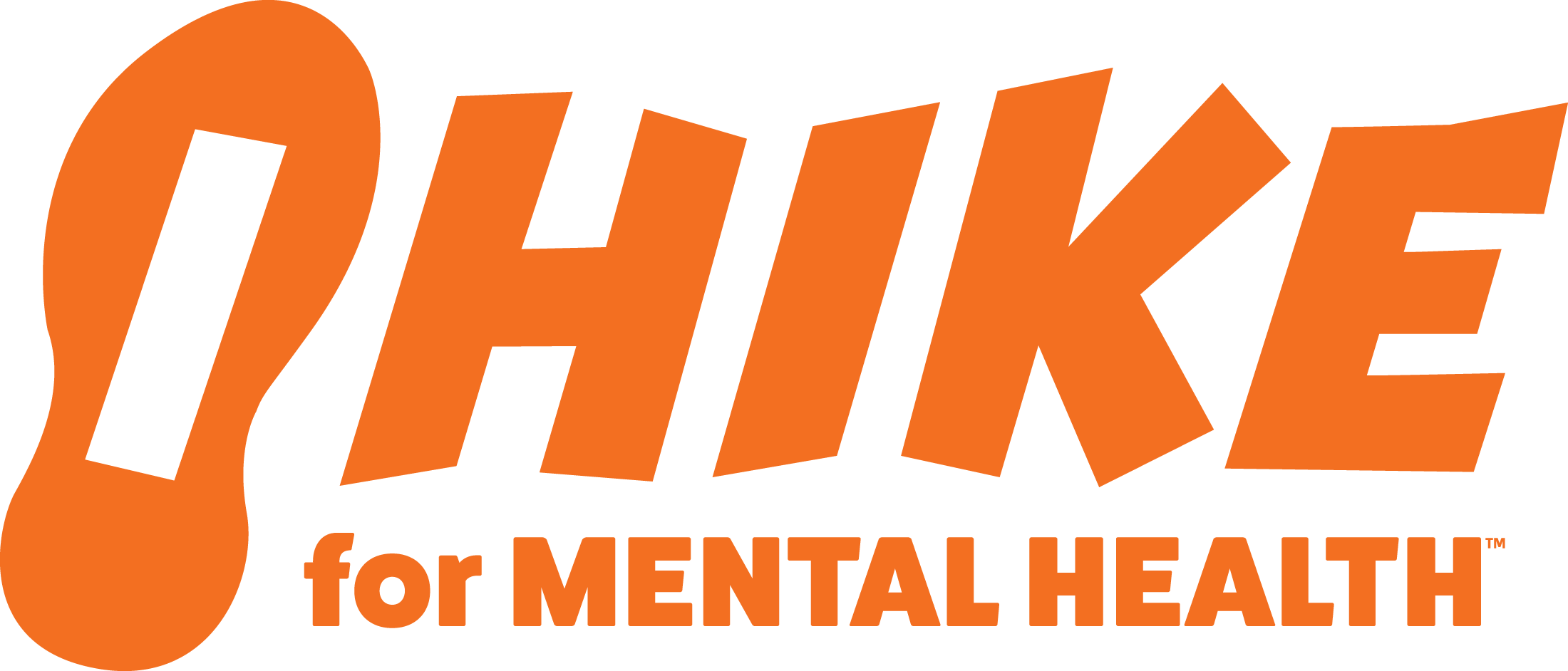Mental Health Awareness Month: Depression – Lifestyle Factors

This is part two of a four part series on depression. If you haven’t read part one, Know the Signs & Symptoms, you can find that post here. Today, the emphasis is on lifestyle factors and tips to help yourself as you move through a depressive episode.
Lifestyle factors
Depression is exhausting. Everything takes so much more effort and energy. Most days you won’t feel like doing any of the things listed below. Do them anyway. For some, if the depression is severe enough, simply getting out of the bed and showering may seem like an insurmountable task! I understand it’s hard. Instead of focusing on how difficult it might be to accomplish the task, tell yourself: “It may be difficult, but I am capable of doing hard things. I will be proud of myself for taking care of myself this way.”
- Try to keep as normal of a sleep-wake routine as possible. Sleep is problematic when depression is present. You’re feeling exhausted most of the time and may feel like sleeping off and on all day. Try not to do that. Instead, get up at your regular time and do your best to not nap. Turn the lights on, open the blinds, and find something simple to do to keep yourself out of the bed. Turn your favorite upbeat music on and wash the dishes, or put the laundry away, or empty the trash. Do the everyday mundane tasks making sure to take breaks in between them.
- If you’re prone to not eating at all during these periods of time, focus on eating at least two times a day. Yes, do your best to have healthy balanced meals. But if you normally don’t eat and you decide to have a cosmic brownie… then you met your goal of eating. If you normally overeat when you’re depressed, try having a cup of tea or a big glass of iced water and journaling or coloring instead of reaching for a snack. Another option would be to focus on healthier snack options like nuts, fruits & veggies, & cheese.
- Get out of the bed. Go sit on the couch or sit outside. Do your best to not get back in the bed until bedtime.
- Open the blinds and windows and let in the sunlight. If possible, go sit outside in the sunlight without sunglasses.
- Move your body for at least 30 minutes every day. Yes, go for a mental health walk. There is a correlation between a reduction in depression (and anxiety) and green spaces. Turn some music on and dance around the room. If you have a gym membership, go work out. If you have access to a pool, go swimming. If you have a trampoline, jump on it. If you have a hula hoop, hoop it up! This doesn’t have to be 30 consecutive minutes. You can break this down into three 10-minute sessions or two 15-minute sessions.
- Take care of your body- shower, wash your hair, floss and brush your teeth. Use your favorite scented body wash, soap, or lotion.
- Do not skip taking your medication. If you are already taking antidepressants or mood stabilizers, do not skip taking them. Continue to be consistent until you can get in with your doctor and talk about the effectiveness of your medication(s).
- Even though it feels exhausting and you may want to avoid texts or phone calls, connect with a friend or loved one in some way every day. It doesn’t have to be for long periods of time, but make the effort to connect.
- Do something you would usually enjoy every day. If it’s playing a game on your phone or gaming system, do it. If you like art, draw, paint, or color in a coloring book. If you play an instrument, make a point to play it. If you have a favorite book, read or listen to it. You do not have to feel enjoyment to do the thing. And who knows? Maybe the motivation to do it again will come afterwards and then just maybe a slight shift in your mood will come after that.
- Laugh! Watch or listen to something funny. Find silly videos on TikTok, YouTube, Reels, or some other platform. Watch comedy shows or stand up comedian specials on your favorite streaming service.
- It is strongly recommended that you do not drink alcohol during depressive episodes. In a depressive state the brain is already taxed and the ability to focus, concentrate, and make decisions are negatively impacted. Given that alcohol is a central nervous system depressant, it’s recommended that you avoid it particularly during this time.
This may seem overwhelming, especially if the depressive episode is moderate to severe. I usually recommend setting 3 small goals when coping with a depressive episode:
- eat and drink something non-alcoholic,
- move your body in some way for 30 minutes (this can be done in 10-15 minutes intervals), and
- complete one task every day.
On the worst days, these 3 things may be the only things you accomplish. If that’s the case, you can reflect on your day and express gratitude for setting and meeting your goals or taking care of yourself in this way. That’s something to feel good about. As your mood begins to lift you can add 1 or 2 additional goals until you return to your previous level of functioning. Remember, depression will make you feel like you can’t do these things. You can. You do not have to feel like doing them to actually engage in these behaviors. In part three of Depression 101 we’ll take a closer look at problematic thoughts.
